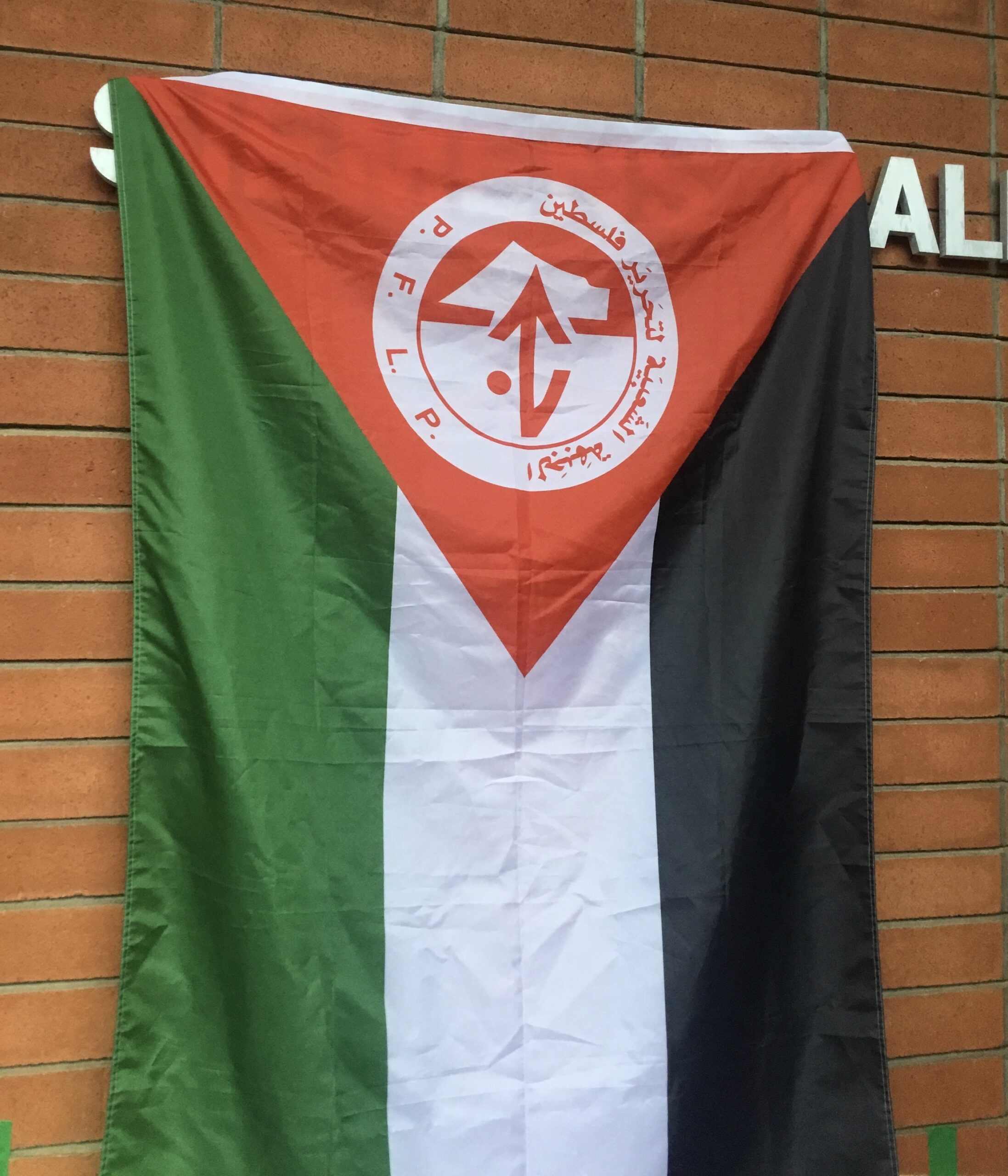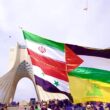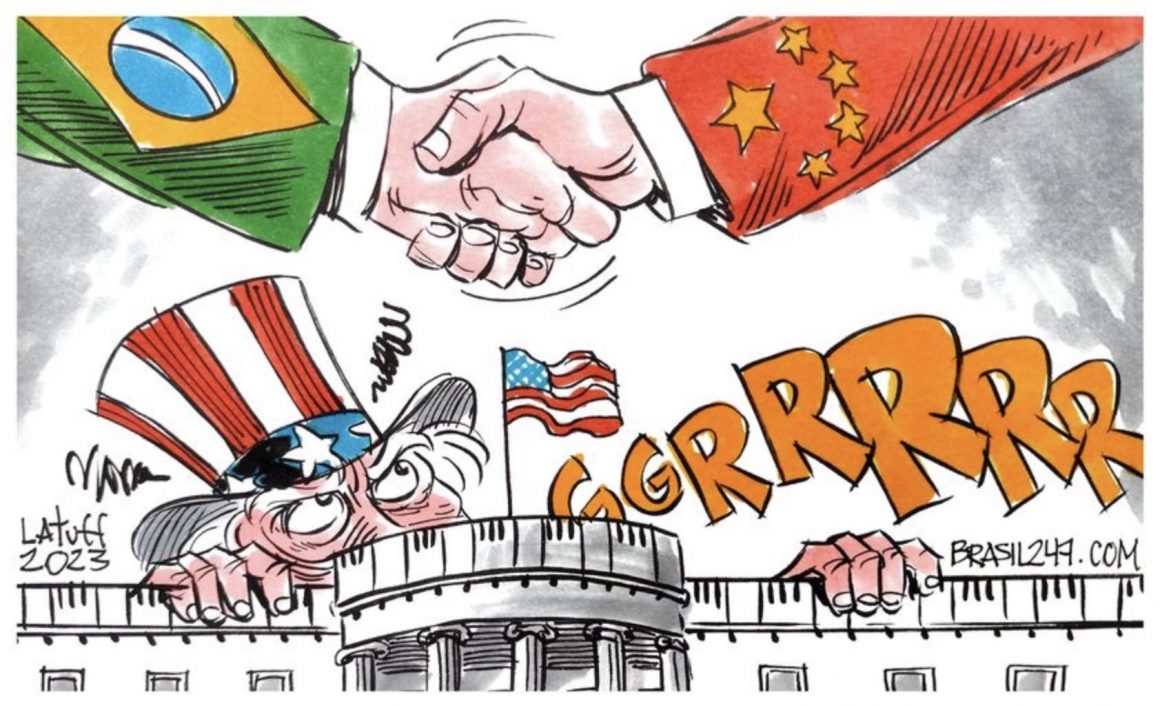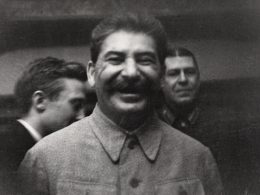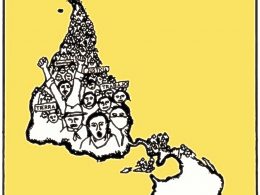Speaking out against Washington’s hostile policies towards Cuba, Venezuela, and other Latin American countries isn’t as subversive as it used to be, however important it still is. This is because in the era of the Ukraine proxy war, where the United States has caused the prices of the oil it depends on to rise, it’s had to realize it needs to co-exist with Latin America in order to survive. This makes acting against NATO’s operations a more counter-hegemonic thing to do. To truly oppose imperialism’s violence against Latin America and other places, we must deal the most meaningful type of harm towards imperialism by fighting NATO’s psyops.
Washington’s recent softenings of its attacks against Cuba and Venezuela, and its willingness not to target Lula’s Brazil, aren’t indications that the governments of these countries lack interest in defying imperial control. They show that the imperialists, due to their own self-detrimental actions, are increasingly having to compromise. They continue to take whatever opportunities they can to meddle in Latin American politics. They’ve carried out a coup in Peru, are trying to do the same in Colombia, and wish they could do the same in Mexico if AMLO weren’t proving quite adept at thwarting regime change plots. Yet on a hemisphere-wide scale, they’ve lessened the severity of their pressure upon the region.
Brazil, the region’s biggest and perhaps most economically pivotal country, is the most meaningful example of this shift in Washington’s priorities regarding where it chooses to direct its war-making efforts. That the imperialists aren’t reacting to Lula’s efforts at building strong ties to China by trying to start a civil war in Brazil or sanctioning it, even though that’s what they’ve been doing to plenty of Asian and African countries which have become pro-PRC, shows there’s a growing limit to how much damage they can do. An ironic problem Washington has encountered throughout its sanction-expanding project over the last generation is that when you cut off market ties to a vast portion of the globe, your own economic vitality will suffer. All while that sanctioned portion builds an alternative economic network by necessity, one that gets stronger the more countries are forced to join it.
Washington does not want Latin America to become like Eurasia, where the majority of the hemisphere’s countries have become incentivized by U.S. economic warfare to partner in constructing their own infrastructure, international currency, and commerce projects. Projects that are obviously better options than staying dependent on Washington, with its practice of looting all the peripheral countries that it’s made into “partners.” Staying loyal to the U.S. empire is constraining, whereas embracing multipolarity is liberating. This has already been getting more and more apparent to Latin American countries, which overall are accepting the benefits that China, Russia, and Iran have to offer them. The same applies to a growing amount of the European countries, even though Germany for now has been taken over by obstinate NATO loyalists. Right after the imperialists succeeded at crushing Germany’s oil pipeline project with Russia, France’s leader declared that his country needs to reduce its dependence on the dollar.
For the U.S. to start declaring war against every one of these countries would be economic and diplomatic suicide, rendering the empire no longer a global force but a fully isolated rogue state. When it’s increasingly a practical necessity for the world to build a relationship with Washington’s rivals, there comes to be a barrier on how much of the world Washington can afford to go to war with. That barrier has been revealed to mainly be the Atlantic ocean. The thing that separates the African countries, where Washington continues to sow chaos to advance its new cold war, and the Latin American countries, which Washington fears to do the same thing to. There’s a reason why Pentagon strategists have been making plans to respond to global climatic disasters with military intervention: they know that if too many of the peripheral countries turn into failed states, neo-colonial extraction will become untenable.
This means the imperial structure is vulnerable, in a way that creates an unprecedented opportunity for us in the core to aid its weakening. We can do so by focusing our efforts on our enemy’s big point of vulnerability: the NATO psyops. If we can disrupt NATO’s narrative control too much for its activities to remain sustainable, the strategic gamble that Washington is taking by shifting its primary operations to Europe will come to be a failed gamble.
This is the truth that those who seek to be effective anti-imperialists must adjust their practice according to. There is great value in exposing the State Department’s present meddling efforts within Latin America; AFRICOM’s facilitation of war crimes and training local operatives in how to orchestrate coups; and Washington’s expanding occupation of southeast Asia so that China can be countered. What’s an even more pivotal front in the information war, and must be framed as such when talking about these other fronts, is NATO’s warmaking. For the moment, the biggest psyop within this category is the Ukraine psyop, with all of the anti-Russian narratives that it involves. Yet as the Ukraine proxy war continues failing to destabilize Russia, the anti-Serbia psyop is in the process of taking its place as the most significant one. The nature of this information war, and how we should rank our priorities, is fluid. Our job is to always keep updated on what’s the moment’s most meaningful issue within the discourse, so that we can most effectively combat the empire.
This is not to say that any one group of people who the empire is subjecting to violence matters less than another. My argument is only that given the constantly shifting targets of Washington’s psyops, in order to liberate all of these groups, we must make it our foremost priority to defend whichever group represents the primary target at a given moment. That’s why until we’ve sufficiently combated U.S. hegemony, which at present means countering the Ukraine and Serbia psyops most of all, we won’t be able to free the empire’s internal colonies. Those being the hundreds of occupied indigenous First Nations, and the Black communities that are still subject to enforced poverty, state violence, and de facto segregation.
To make combating imperialism’s psyops our foremost priority is not to devalue the liberation struggles of the internal colonies, as the imperialism-compatible left’s radlib elements have been alleging. It’s to do what’s best, at this stage in the class struggle, for ensuring these colonies can attain victory. When U.S. hegemony is the most significant thing keeping the imperial center’s state strong, fighting U.S. hegemony is paramount. It’s an essential step in the process of our revolution. And when NATO and its activities have become the most important thing for the empire to narratively aid in order to maintain this hegemony, NATO must be our biggest target.
————————————————————————
If you appreciate my work, I hope you become a one-time or regular donor to my Patreon account. Like most of us, I’m feeling the economic pinch during late-stage capitalism, and I need money to keep fighting for a new system that works for all of us. Go to my Patreon here.
